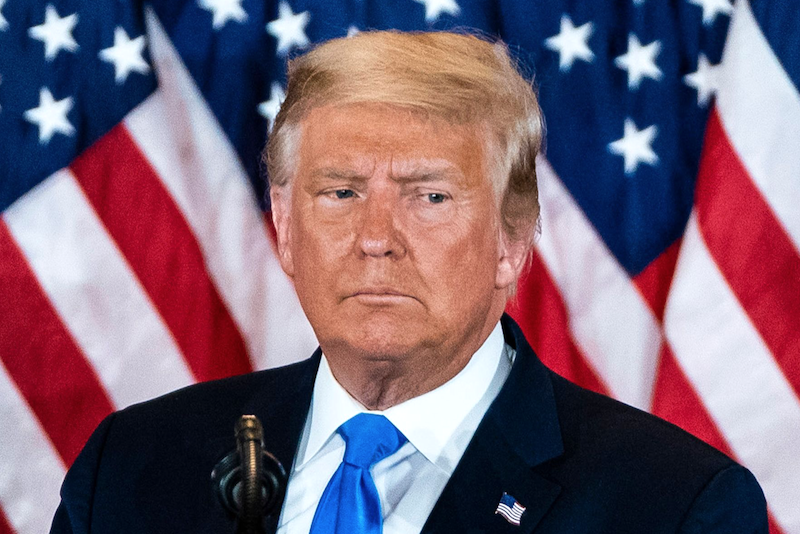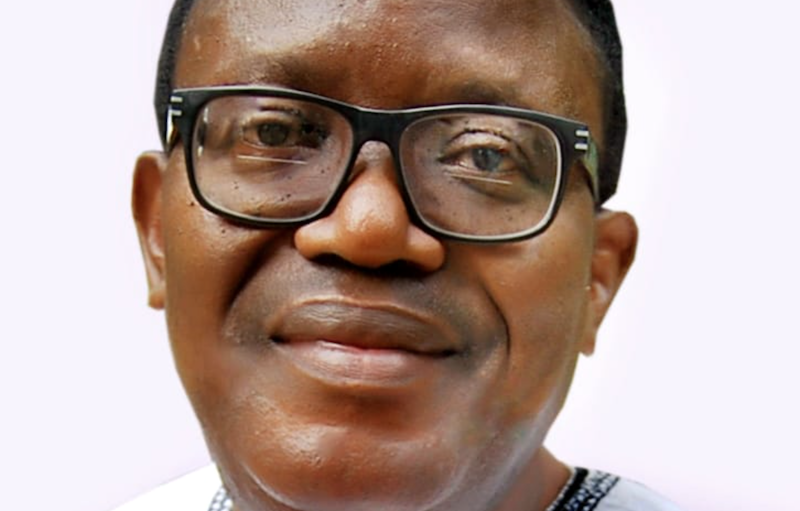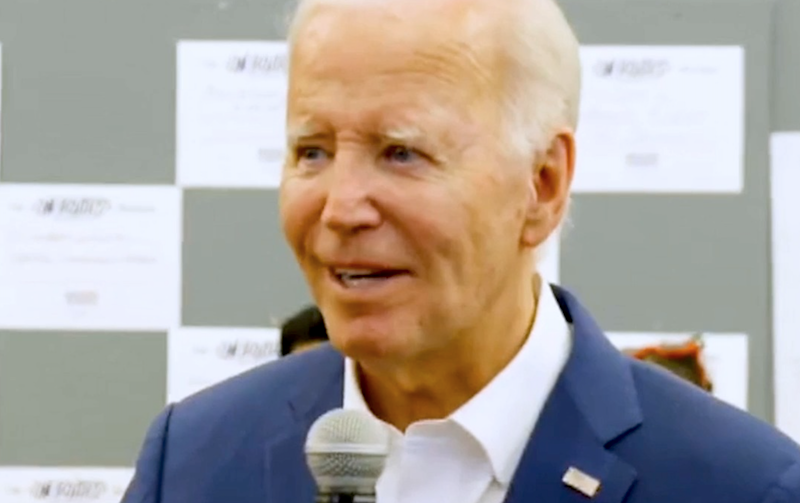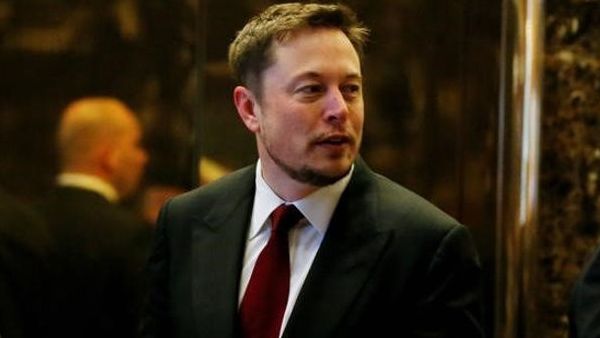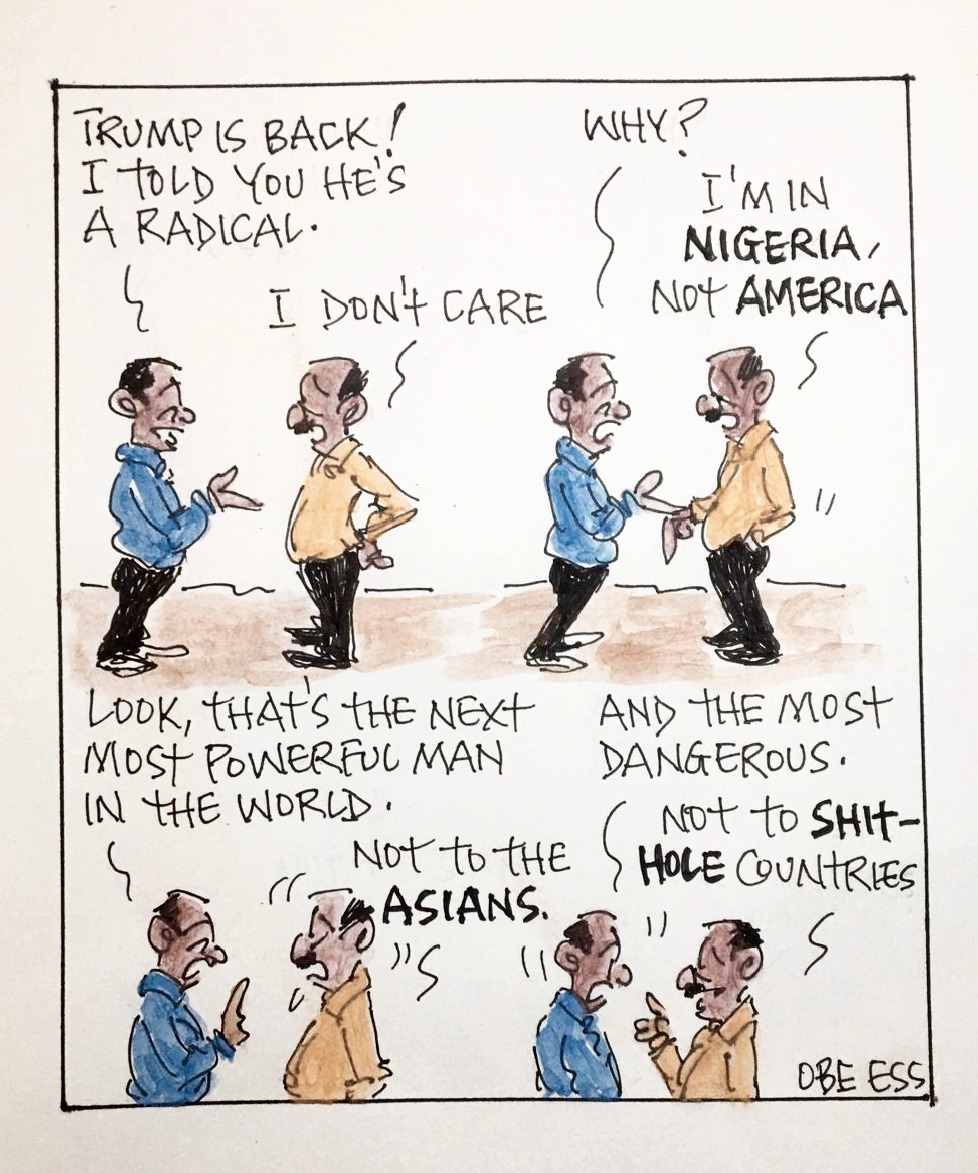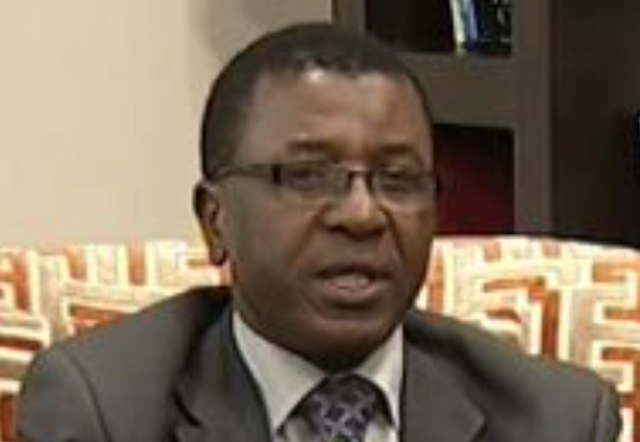President-Elect Donald Trump, set to assume office as the 47th President of the United States on January 20, 2025, is preparing to usher in transformative changes that are already evident in the composition of his team. These changes, so striking, might have been considered heretical during historical periods of rigid orthodoxy, such as the Age of Inquisitions.
In those times, heresy—defined as expressing opinions that sharply contradicted established beliefs—was often met with severe punishments, well-documented and notorious enough to need no recounting. Today, Trump’s detractors, particularly the “Never Trumpers” who champion adherence to conventional political norms, might view him as guilty of defying what they see as the “correct” political dogma.
This perception may partly explain why Trump, who frequently labels his opponents the “radical left,” faced extreme resistance throughout his political journey. Evidently, his adversaries sought to thwart his resurgence through three significant attempts: impeachment, imprisonment, and even assassination—all of which, ultimately failed due to Trump’s unwavering faith in himself and indefatigable spirit.
To understand the depth of resistance Trump faces, one can draw parallels with historical instances where revolutionary ideas were met with fierce opposition. In the past, when groundbreaking discoveries challenged widely held beliefs—such as the realization that the Earth was not flat but spherical—those who introduced such ideas were often vilified, persecuted, or even killed for defying established norms. These innovators were seen as threats to the existing order, just as Trump’s unconventional approach has unsettled the entrenched political establishment in Washington.
The intertwining of religion and governance in historical eras often justified persecution under the guise of upholding divine order. In the modern context, Trump’s legal battles, impeachment proceedings, and public scrutiny evoke similar resistance to change—albeit in a political rather than theological sense.
Democracy, as a system of governance, emerged in Athens, Greece, during the 5th century BCE and was later refined by philosophers such as Socrates and Aristotle. Over time, it evolved through influences from thinkers like John Locke, Charles Montesquieu, and Jean-Jacques Rousseau, in France leading to its various manifestations around the world. Examples include the parliamentary system in the United Kingdom and the presidential system in the United States and India.
Despite its enduring prominence, democracy has coexisted with alternative governance systems, including monarchies, oligarchies, and diarchies, which remain prevalent in parts of the Middle East, Asia, and Japan. Some nations, like Sweden, Denmark, and Finland, have embraced “democratic socialism,” blending socialist economic policies with democratic governance—a stark contrast to the capitalist inclinations of the United States and much of the global West.
Trump’s leadership style signals a potential departure from the entrenched democratic norms that have shaped governance since the Byzantine era. His proposed reforms—and the unconventional choices for his cabinet—suggest a willingness to disrupt traditional politics in favor of a more transformative approach.
It is conceivable that by the end of his term, President Trump could draw comparisons to Constantine the Great, the Roman leader whose political and administrative reforms in the 4th century CE significantly influenced governance and shaped elements of democracy as we know it today.
Unsurprisingly, the prospect of such sweeping changes has unsettled Washington’s political class. These traditionalists, deeply rooted in the bureaucratic structures that have defined their careers, now face the disruptive reality of Trump’s second term—a term that promises to challenge the status quo and redefine the fabric of American governance.
The impending shift in U.S. leadership under President-Elect Donald Trump is generating significant anxiety, not just in Washington but globally. U.S. allies in NATO, trading partners like China, and adversaries such as Iran are all bracing for potential changes. In Africa, concern is also evident, compounded by unfounded allegations from Trump’s critics—referred to as “Never Trumpers”—who falsely claim that he harbors disdain for Black people in the U.S and on the African continent.
For years, a baseless narrative has circulated, alleging that Trump referred to African nations as “shithole countries.” This claim is unfounded, as Africa is a continent, not a single country, making it implausible that Trump made such a statement in the form attributed to him. These rumors appear to be part of a deliberate attempt by detractors to sow discord between Trump and Black communities worldwide.
In reality, the relationship between Africa and a second Trump administration is likely to be complex and multidimensional. However, as an analysts l would argue that Trump’s “America First” approach may introduce protectionist policies that could disrupt global trade, with potential repercussions for African economies. For instance, a reevaluation of trade initiatives such as the African Growth and Opportunity Act (AGOA) or a preference for bilateral agreements over multilateral ones could challenge Africa’s economic landscape, particularly if these moves undermine the African Continental Free Trade Area.
However, these challenges also present opportunities since Africa is a new frontier. So, if African nations act decisively, they could position themselves as viable alternatives in global supply chains, particularly in light of Trump’s campaign promise to impose a 16% tariff on imports from China. By stepping into roles vacated by China, African countries have the potential to strengthen economic ties with the U.S. under a Trump-led administration. This could be achieved through upgraded bilateral trade agreements or a reimagined “AGOA 2.0” that aligns with Trump’s vision. Who knows, there could even be Trump Tower in Abuja in the forseable future.
Security collaboration is another potential area of alignment. Strengthening the U.S. Africa Command to provide enhanced counterterrorism support could bolster peace and stability across the continent. Such efforts are critical for creating a secure environment conducive to trade and investment. Programs like Prosper Africa, launched in 2019 to promote U.S.-Africa trade and investment, could see renewed momentum if insecurity on the continent is addressed.
Ultimately, the trajectory of U.S.-Africa relations under Trump’s leadership will depend on several factors, including his administration’s policies, the responsiveness of African governments, and broader global economic trends. As such, African leaders must seize this moment to leverage emerging opportunities, particularly by adopting a strategic and business-oriented approach to engagement with the U.S.
Already, the biggest American embassy in the world is under construction in Eko Atlantic City, Lagos. That to me is a demonstration of US.to Nigeria as a development partner. It goes without saying that embassys are veritable international facilitators.
For Africans—and Nigerians in particular—this could be a chance to benefit from Trump’s presidency if leaders align with the evolving U.S. policy framework. With the U.S., the world’s largest economy, potentially transitioning from its “global policeman” role to a leading creator of global wealth, Africa could capitalize on this shift for mutual gain.
Turning to Trump’s unique and controversial persona, parallels can be drawn between his experiences and those of historical visionaries who challenged prevailing orthodoxy. Just as the discovery that the Earth was spherical contradicted the long-held belief in its flatness, Trump’s unorthodox positions—such as his initial skepticism about the catastrophic framing of COVID-19—have made him a target of political and media backlash.
These challenges are reminiscent of times in history when those who defied conventional wisdom faced severe criticism.
Throughout history, those who delivered groundbreaking insights or defied orthodoxy often faced resistance or persecution from entrenched authorities. This historical pattern mirrors the opposition that President-Elect Donald Trump is encountering from traditional politicians in Washington, as his unconventional policies aim to challenge the status quo and serve the interests of the more than 76.5 million Americans who decisively supported him.
Ancient Greek philosophers set the precedent for challenging established norms with transformative discoveries. Pythagoras (c. 570–495 BCE) observed the Earth’s shadow during lunar eclipses and hypothesized a spherical Earth, a theory further supported by Aristotle (384–322 BCE) through observations of disappearing ships on the horizon and shifting constellations. Eratosthenes (276–194 BCE) even calculated the Earth’s circumference with remarkable precision. Despite their significant contributions, these thinkers often faced skepticism and resistance from the leaders of their time.
Similarly, heliocentrism, first proposed by Aristarchus of Samos (c. 310–230 BCE) and later revived by Copernicus (1473–1543 CE), met staunch opposition. The Catholic Church opposed Copernicus’ model, and advocates like Giordano Bruno and Galileo Galilei faced severe consequences—Bruno was executed, and Galileo was confined to house arrest for defending the idea of a Sun-centered universe.
Trump’s political journey bears striking parallels to the struggles of these historical figures. Like them, he has faced significant resistance—allegations of election fraud in 2020, impeachment efforts, legal challenges, and even threats to his life during the 2024 campaign. Yet, his return to the presidency, set for January 20, 2025, underscores his resilience and broad support. The Republican Party’s simultaneous control of the Senate and the House of Representatives—a first in a century—further highlights the movement he has built.
Trump’s determination recalls figures like Ferdinand Magellan, whose historic circumnavigation proved the Earth’s spherical shape. Just as Magellan’s expedition was driven by perseverance, Trump’s commitment to “draining the Washington swamp” and instituting bold reforms is poised to reshape the U.S. political landscape.
This anticipated transformation is comparable to other seismic shifts in human understanding, such as the visual confirmation of the Earth’s shape via 20th-century satellite imagery or the revolutionary effects of artificial intelligence and social media. These innovations redefined how humanity interacts with the world, much like Trump’s policies are expected to redefine U.S. governance and global influence.
In preparation for his second term, Trump has begun assembling a team reflective of his unorthodox approach. He has appointed long-time ally Susie Wiles as Chief of Staff, crediting her for his electoral success. Key nominations include Tom Homan as Border Czar, Marco Rubio as Secretary of State, and former Congressman Matt Gaetz as Attorney General.
Other notable appointees include Tulsi Gabbard, a former Democratic congresswoman, as Director of National Intelligence; Chris Wright, an oil industry executive, as Energy Secretary; and Robert F. Kennedy Jr., a controversial figure due to his stance on vaccines, as Public Health Secretary. These choices signal Trump’s intention to challenge conventional governance and implement transformative changes during his upcoming term.
Former serviceman Doug Collins, known for defending Donald Trump during his first impeachment trial, has been appointed as Secretary of Veterans Affairs, while North Dakota Governor Doug Burgum, with extensive business and governance experience, has been named Secretary of the Interior. John Ratcliffe will serve as CIA Director, and Kristi Noem has been chosen as Secretary of Homeland Security. Matt Gartz, defense secretary nominee has generated a lot of furore as it has been aledged that he had been accused of some improprieties. Even the current defense secretary ,Lloyed Austin suffered a similar push back based ruled that could have precluded him from eligible but in the end he received confirmation from the senate.
Among Trump’s appointments, the most innovative is the creation of a new federal agency, the Department of Government Efficiency (DOGE). This agency will be led by tech billionaire Elon Musk and former Republican rival Vivek Ramaswamy. DOGE’s mission is to streamline government by reducing excessive regulations, cutting wasteful spending, and restructuring federal agencies. Announcing the initiative, Trump stated:
“I am pleased to announce that the great Elon Musk, working in conjunction with American patriot Vivek Ramaswamy, will lead the Department of Government Efficiency (‘DOGE’). Together, these two wonderful Americans will pave the way for my administration to dismantle government bureaucracy, slash excessive regulations, cut wasteful expenditures, and restructure federal agencies—essential to the ‘Save America’ movement. This will send shockwaves through the system, and anyone involved in government waste, which is a lot of people!”
These reforms are expected to challenge Washington’s entrenched systems, ushering in an era of efficiency and innovation that could influence global governance trends for years to come.
Interestingly, Trump’s DOGE initiative draws parallels to Nigeria’s 2012 Oronsaye Report, which outlined measures to reduce governance costs by consolidating Ministries, Departments, and Agencies (MDAs). Despite its potential, the report has been largely ignored for over a decade, contributing to Nigeria’s current debt crisis, which the Debt Management Office estimates currently N134.3 trillion. President Bola Tinubu’s recent reforms, such as removing fuel subsidies and devaluing the naira, align with Trump’s bold approach and could serve as inspiration for addressing Nigeria’s governance challenges.
Trump is also targeting “wokeism,” a term that originally referred to awareness of social injustices but has evolved into a critique of perceived political overreach and divisiveness. Trump’s opposition to wokeism resonates with financial giants like Elon Musk, who joined his campaign partly due to personal experiences—Musk’s son underwent a gender transition, a decision Musk attributed to ideological influences propagated in US.schools to minors which he opposes. Musk reportedly contributed $118 million to support Trump’s campaign and challenge cultural trends they see as harmful.
Trump’s return to the presidency in 2025 will make him only the second U.S. president, after Grover Cleveland, to serve two non-consecutive terms. In his victory speech, Trump described this achievement as the “greatest political movement of all time” and vowed to restore the country’s values, saying:
“There’s never been anything like this in this country, and maybe now it’s going to reach a new level of importance because we’re going to help our country heal. We have a country that needs help, and it needs help very badly.”
Trump’s reforms aim to reset America’s moral compass, reflecting the values of its Founding Fathers and challenging what he perceives as a decline in societal ethics. His focus on combating wokeism and restoring traditional principles underpins his broader vision to Make America Great Again (MAGA).
While implementing these changes will be complex, Trump’s presidency could redefine governance and democracy for the modern era. Much like Athens pioneered democracy in the 5th century BCE, Trump’s efforts may reshape democratic systems globally. His forthcoming term, marked by ambitious reforms, will likely serve as a critical test for the resilience and adaptability of American democracy.
Trump’s confidence is underpinned by the over 75million American electorate who gave him their mandate to become the 47th president and drain the swamp in Washington.
Magnus Onyibe, an entrepreneur, public policy analyst, author, democracy advocate, development strategist, alumnus of the Fletcher School of Law and Diplomacy at Tufts University, Massachusetts, USA, and a former commissioner in the Delta State government, sent this piece from Lagos, Nigeria.
To continue with this conversation and more, please visit www.magnum.ng.
